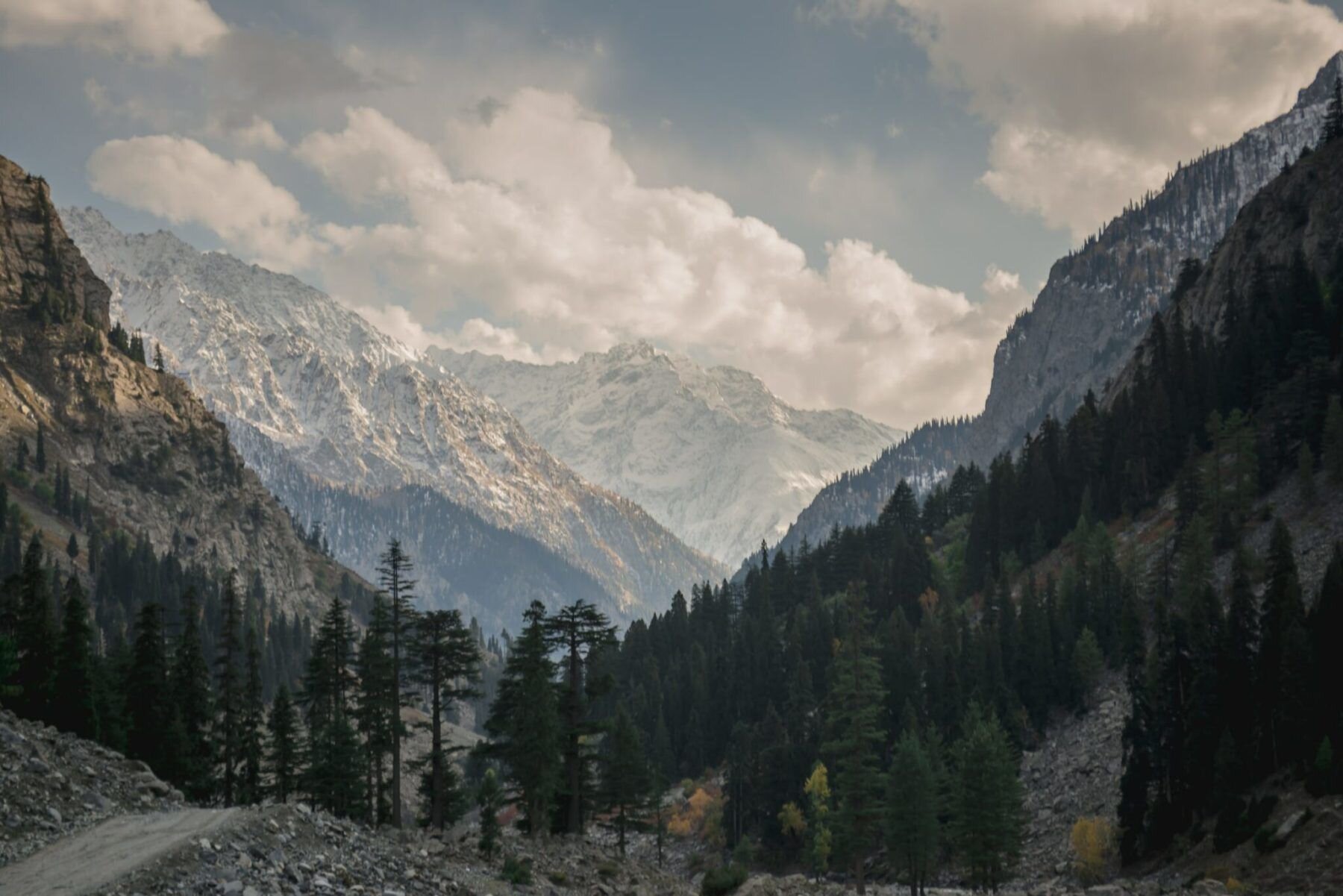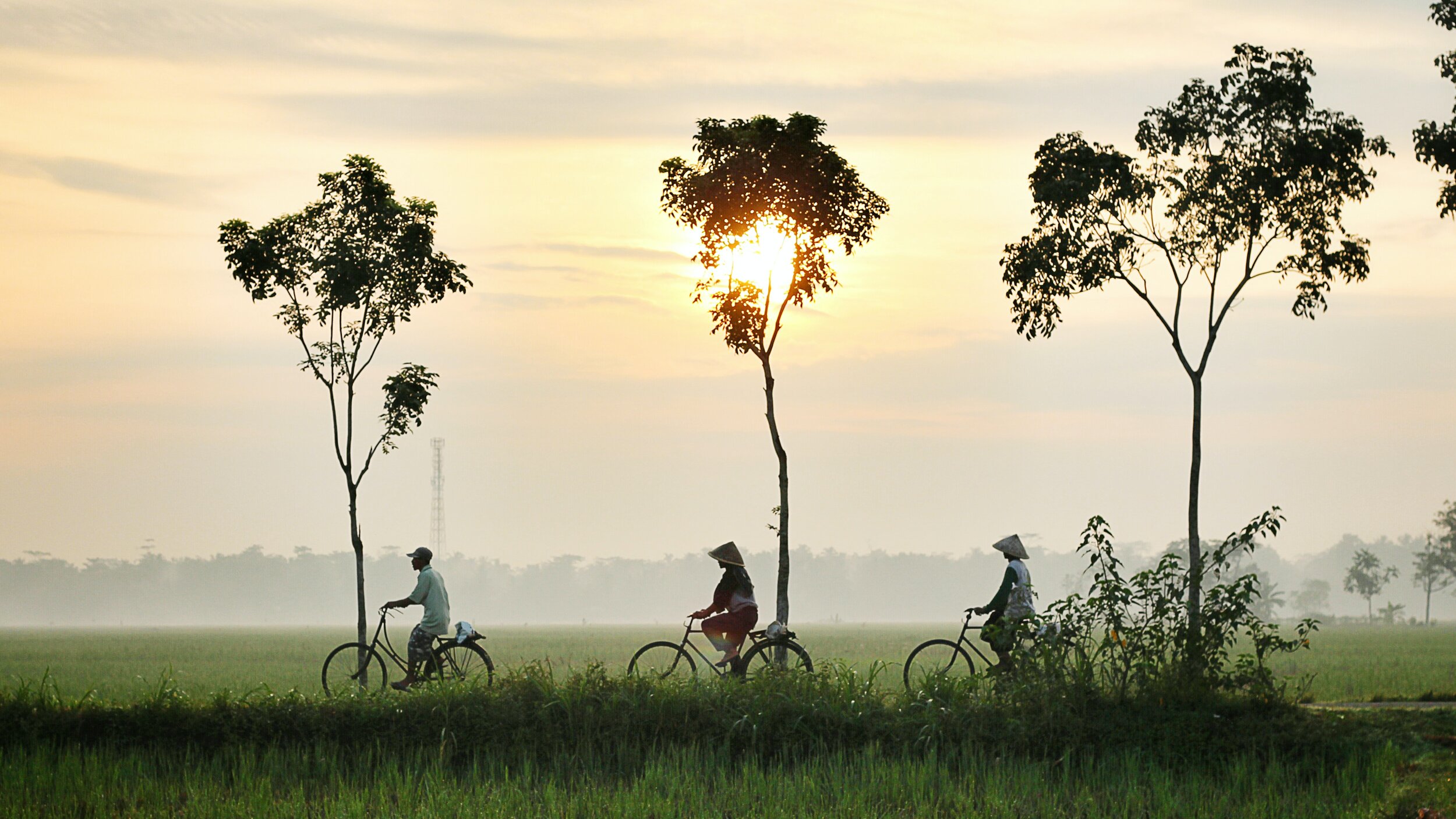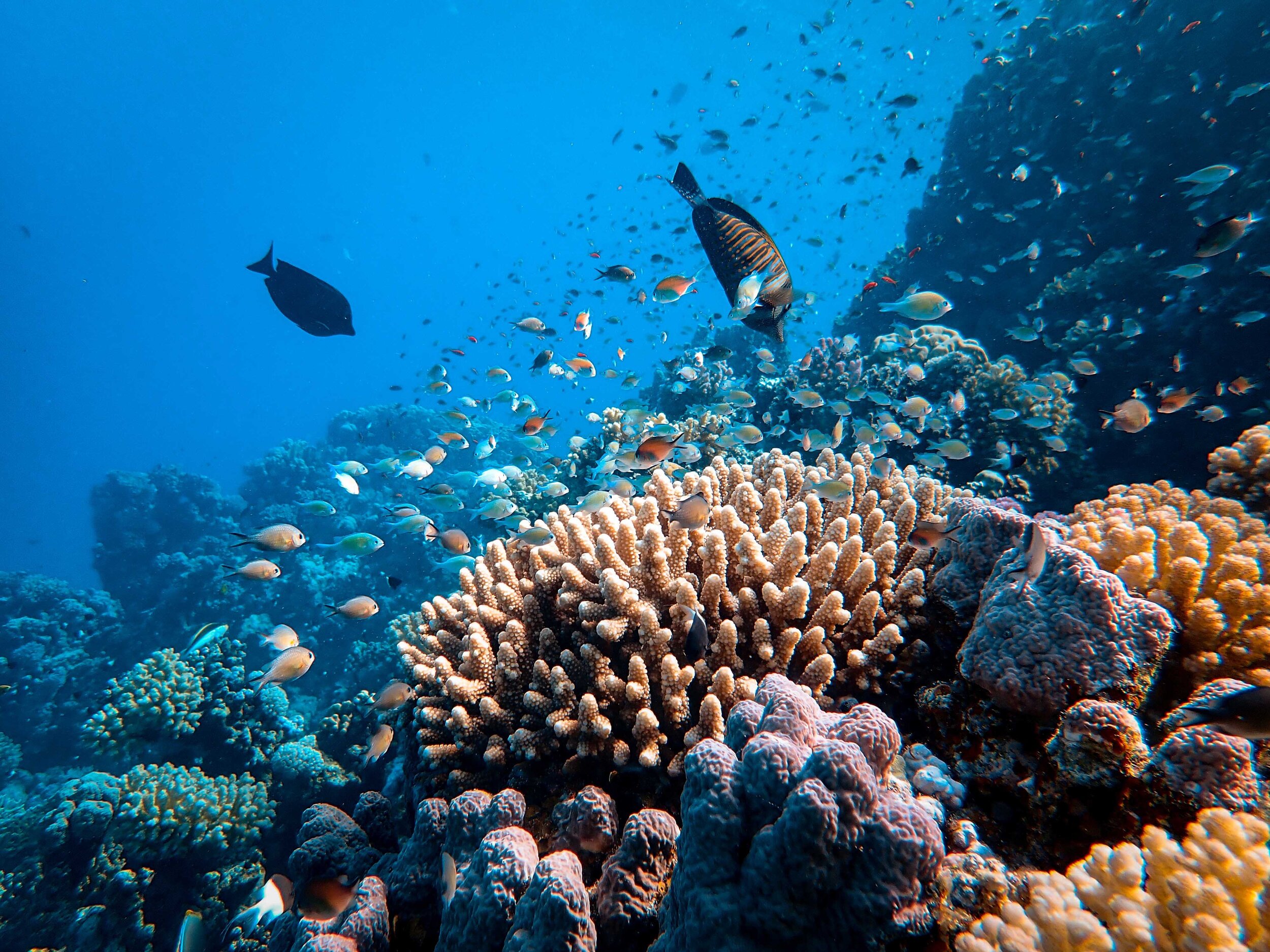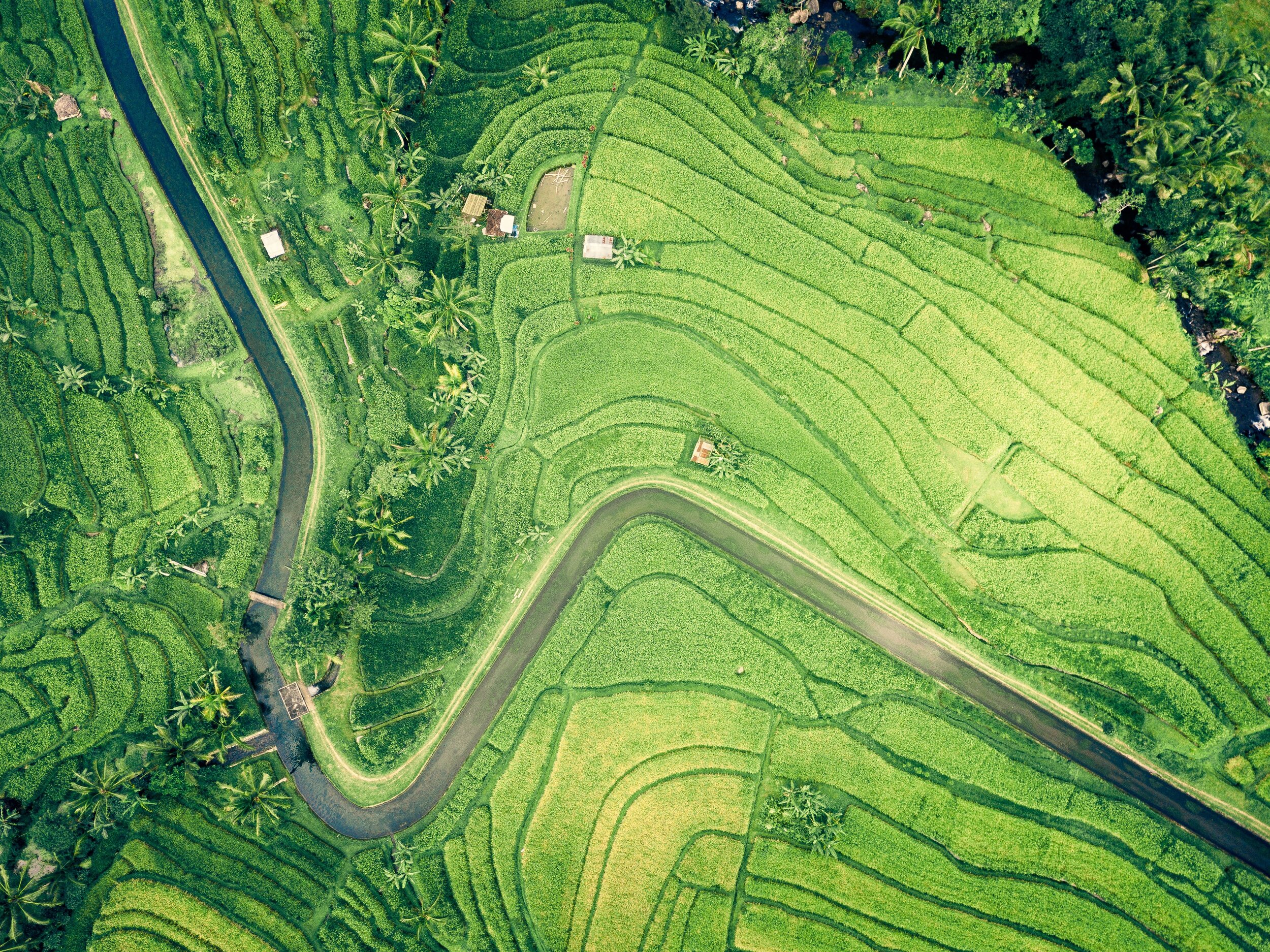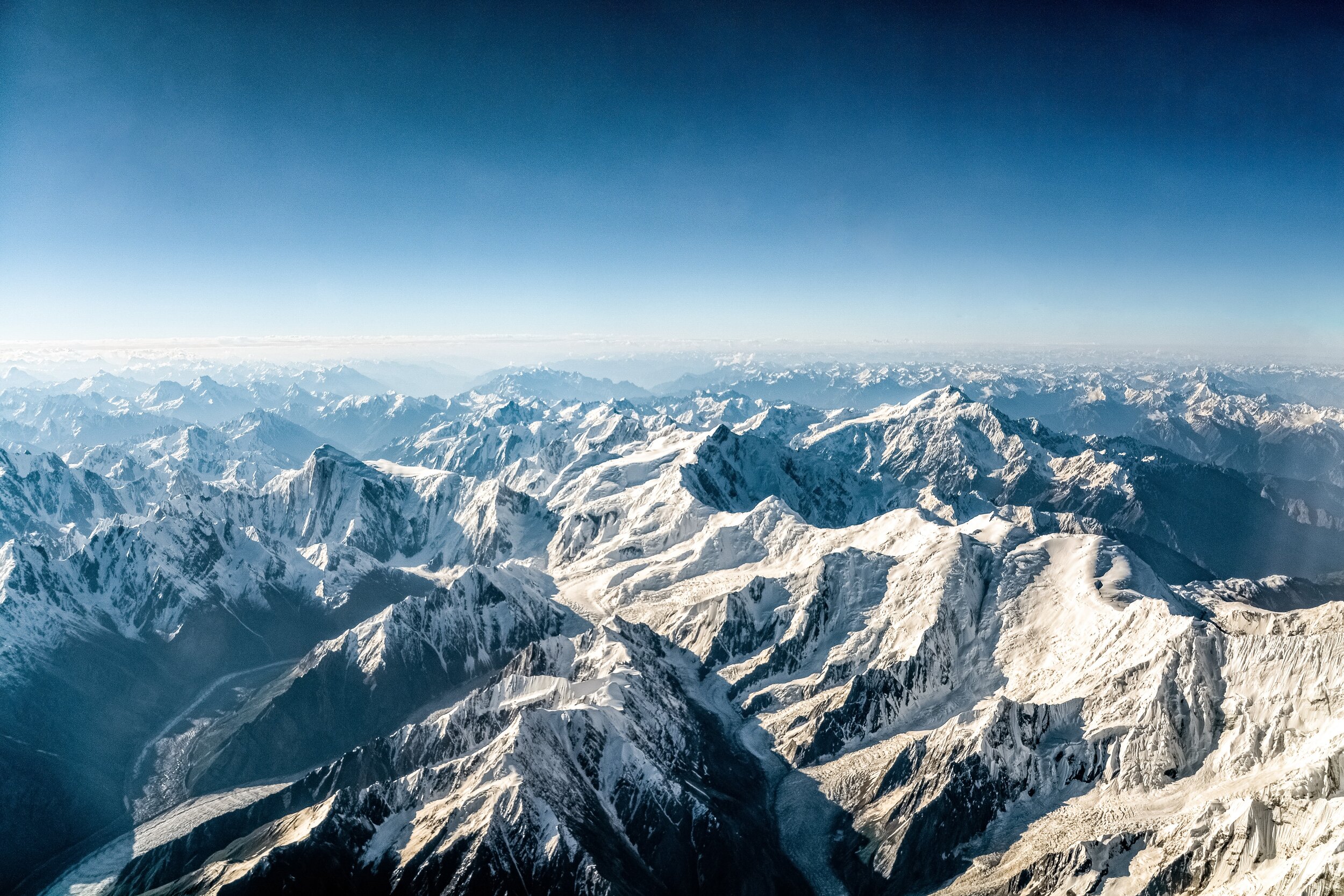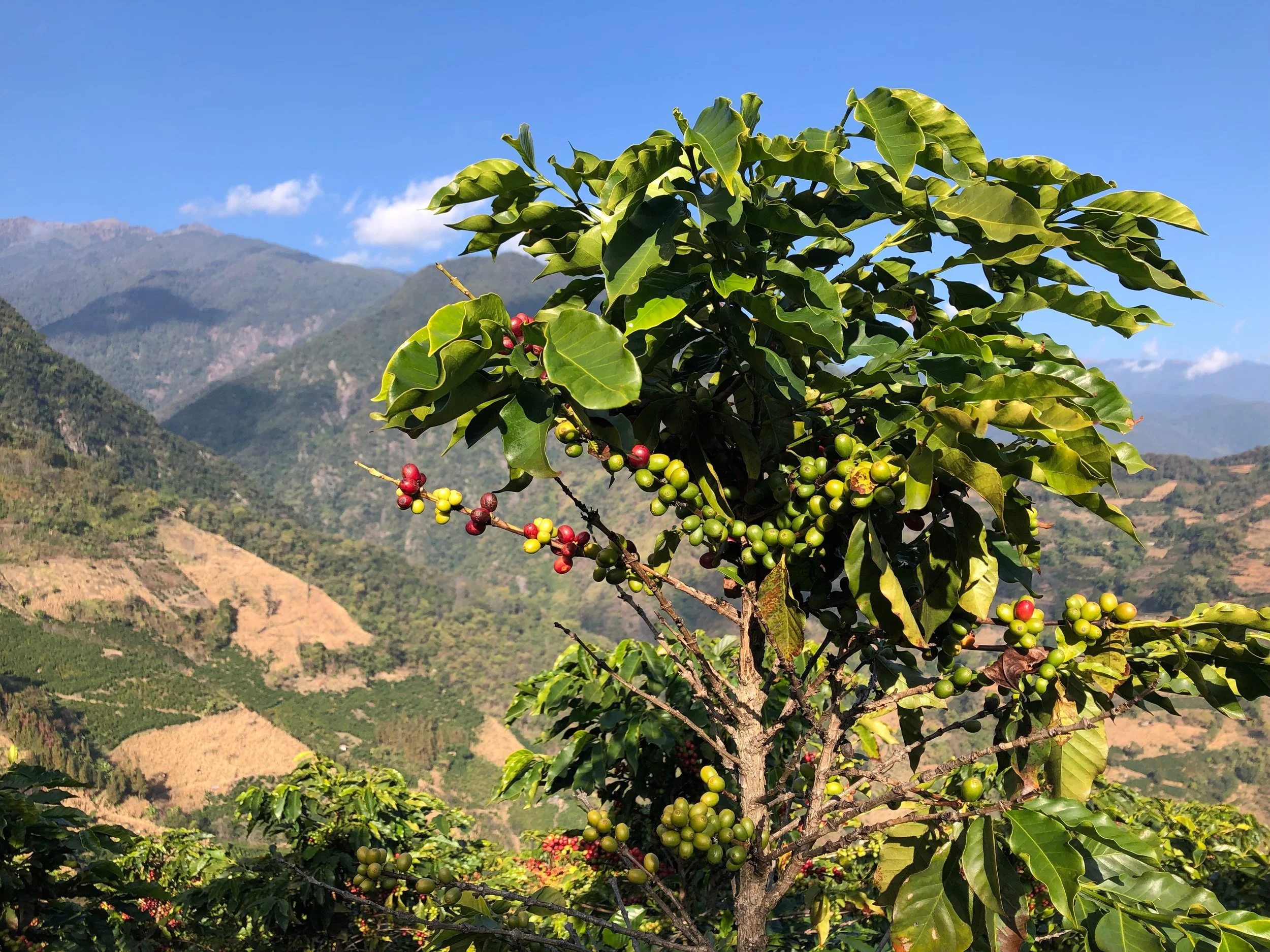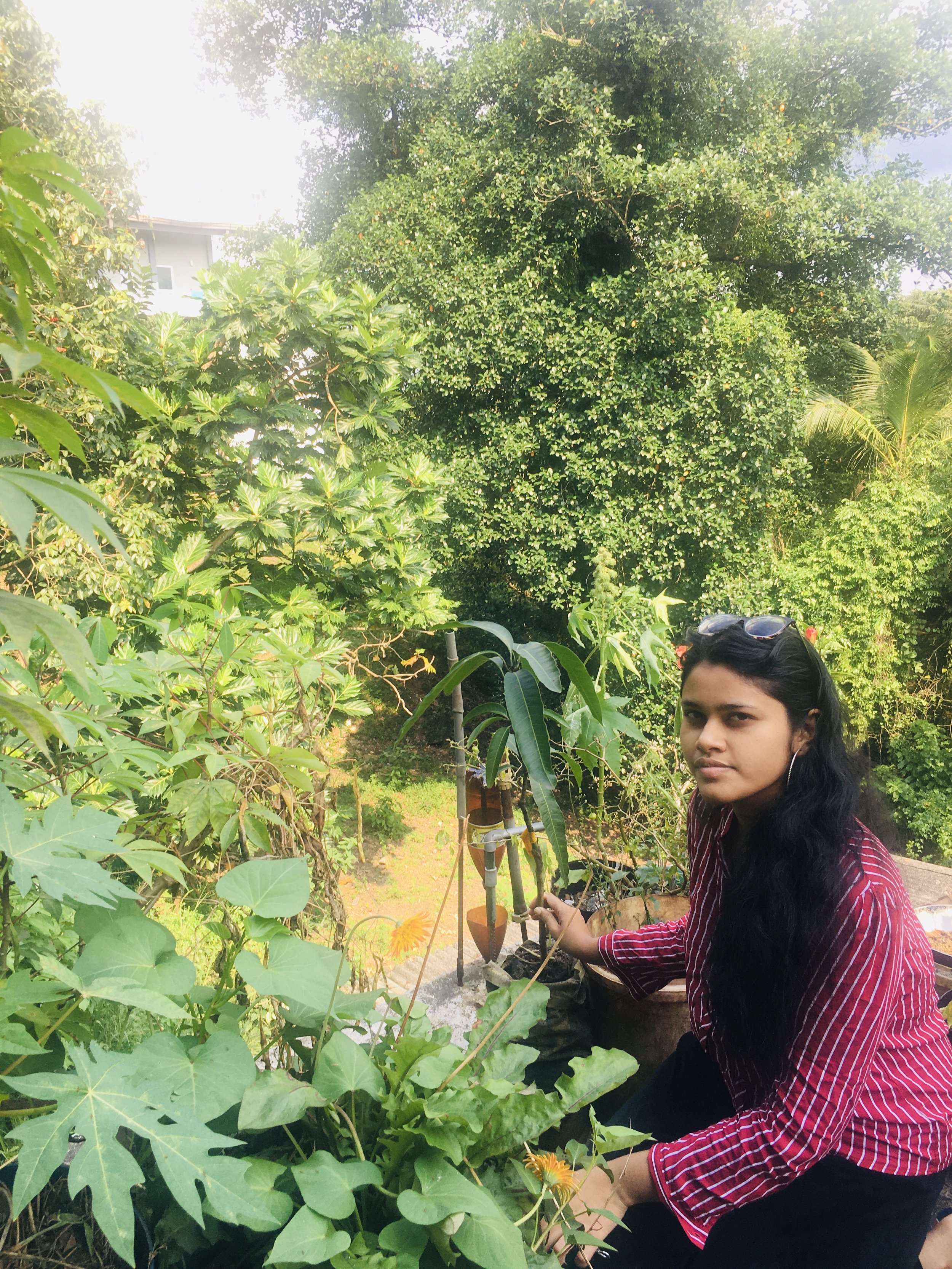Welcome to Asia & the Pacific!
This year our team has been hard at work building our regional network and growing our regional Global Ambassador team.
Stories from Asia and the Pacific:
At nine, Leena Joshi was struck by the harsh contrast between polluted Delhi and the clear skies of Switzerland. By fourteen, witnessing plastic waste on a beach ignited her passion for climate action. Now the founder of Climate Conservancy, Leena leads an international youth movement advocating for climate education. With 9,000 young people in 60+ countries, her mission is to create systematic change, ensuring a healthier planet for all.
Born in a Delhi slum, Puneet Singh Singhal’s life is a testament to resilience. Facing poverty, pollution, and non-apparent disabilities, Puneet founded Green Disability to advocate for disability-inclusive climate action. His story highlights the deep connections between climate change, accessibility, and human rights, emphasizing that true sustainability requires justice for all.
In Afghanistan, multiple crises are exacerbated by the deepening challenges of climate change. It is suffering its second drought in four years, along with an economic meltdown that is compounding the humanitarian situation. These near-term climate impacts, if left unaddressed, will only worsen the ongoing socioeconomic catastrophe, conflict, and violence, and also disadvantage the regional counties. So, we need to call upon UNFCCC to take Afghanistan seriously into consideration and help them shift to a better climate policy and circular economy. Regardless of our country, identity, race, and gender, we are all citizens of one planet. So, let's sustain it together.
This story is about coffee planting by a non-coffee-consuming community in Manghe Village, southwestern China. Whereas selling of dried coffee beans has yielded the majority of the income for the local farmers, and this area is said to be the future's largest Yunnan Arabica coffee source for the country, and serving the world's needs, drinking coffee seems a luxury to the locals. While climate change has switched much land use in the higher elevational areas into coffee fields, I wonder if this would also impact the current coffee farming in Manghe and the possible outcome related to deforestation and land conversion.
As we know, the Indian Himalaya region (IHR) is the storehouse of many discovered and undiscovered novel plant species. To explore this repository, a plant exploration trip was planned far in the remote alpine zone (Royal Sar) of Overa-Aru wildlife sanctuary, Kashmir Himalaya. Along the trails of plant specimen collection, a fascinating population of plant species from genus Swertia struck my sight and became limelight to satisfy my curiosity about new plant species discovery.
The fashion industry, especially "Fast Fashion", is responsible for huge environmental impacts, such as loss of biodiversity, climate change, pollution etc. This video is about how can we mitigate the harmful effects of clothing from a consumer view.
Did you know that our daily lives are a for biodiversity loss, and the effects of climate change, such as warmer weather, unseasonal rainfall, and dusty spells? In general, most people think that it is only industries and factories that affect the environment and the variety of plants in the ecosystem. They forget to take into account that farming and animal husbandry, and our daily life, are also another cause of environmental damage. Because everything uses up land, water and air, the impact on the environment and human life, as well as biodiversity, will increase exponentially. All human activities can unknowingly affect and destroy biodiversity, including climate.
Although there are many climate nature conferences and events happening all over the world, ground-level actions are not satisfactory. Using local and indigenous knowledge systems in drafting policy is a good solution for it. This story is about an ecosystem-based adaptation method practised in Sri Lanka: the restoration of ancient tanks to combat climate change.
The story revolves around my hometown which was 20 years before which found clean and nature friendly. The fallen down areas of my village because ignorance of environment and the nostalgic memories I along with my friends have experienced in my lifetime. Certain steps we decides to take after these 20 years standing amongst the youth of our world.
Growing up near the Pacific Ocean, I have been used to typhoons -- it’s nothing new to me. Our house has always endured every storm and we seldom need to evacuate. Not until super typhoon Haiyan happened.
Super Typhoon Haiyan taught me that we should never waste time fighting for climate justice, our communities need justice from all the damages and devastation that climate change caused.
This story is my story on how I rose from the rubble of disasters.
BLOGS:
In June of 2021, the Y4N team joined our partners at the Meghna Knowledge Forum to participate in the first ever multi-stakeholder exchange about sustainable and inclusive management of the Megha River Basin, which stretches across Bangladesh and India.
During the Forum, we hosted an interactive side session for youth called The River Game to discuss the interconnections…
Dive in as we share some regional examples of communities living adjacent to forests as well as stories from youth who work with forest and forest-communities around the world!
As part of Global Landscape Forum’s Biodiversity Conference in November 2020, Y4N Regional Director for Asia and the Pacific, Vinamra Mathur, joined forest experts from around the world for a panel titled: For forests’ sake: Transforming extractive industries and infrastructure to achieve NYDF Goal 3. The panel addressed the urgent need for…


